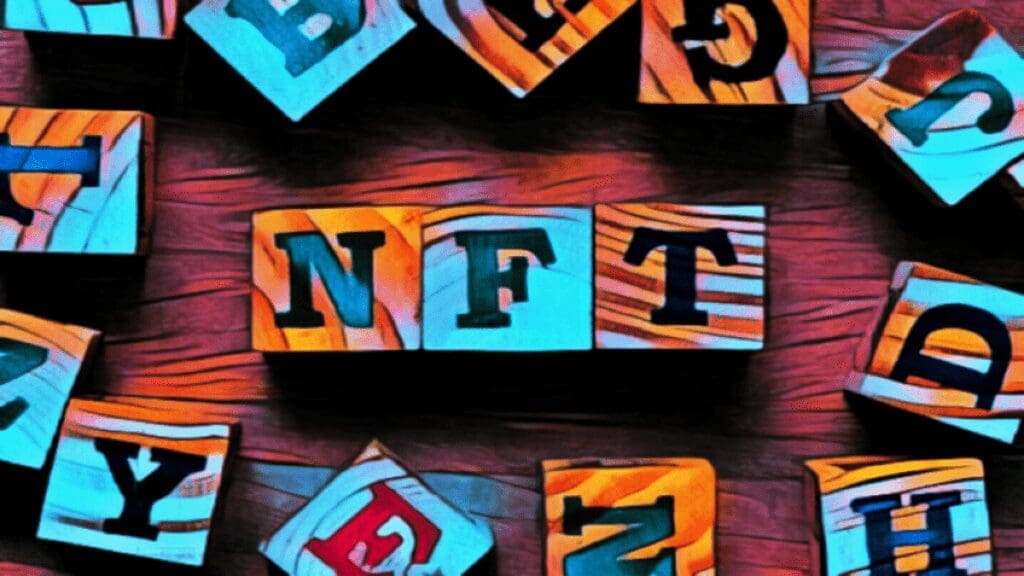A comprehensive government study conducted by the United States Patent and Trademark Office (USPTO) and the U.S. Copyright Office has concluded that existing intellectual property laws are sufficient to address concerns surrounding non-fungible tokens (NFTs). Despite growing apprehensions about potential risks associated with NFTs, including copyright and trademark infringement, the study suggests that current legislation adequately safeguards against such issues.
Current Laws Deemed Adequate: Findings of the Government Study
Initiated in response to mounting concerns raised by lawmakers, including Former Democratic Senator Patrick Joseph Leahy and Democratic Senator Thom Tillis, the study delved into the intricacies of intellectual property laws in relation to NFTs. Over the course of the investigation, which spanned 112 pages, the USPTO and the Copyright Office engaged in extensive dialogue with stakeholders, including industry experts and interested parties.
The findings of the study highlight a consensus among stakeholders that existing laws effectively address copyright and trademark infringement concerns associated with NFTs. Despite acknowledging instances of trademark misappropriation and infringement within NFT platforms, the study concludes that no immediate amendments to intellectual property laws are warranted.
Debating the Need for NFT-Specific Legislation: Stakeholder Perspectives
A notable aspect of the study is the debate surrounding the necessity of NFT-specific legislation. While some stakeholders expressed reservations about the potential premature imposition of such regulations, citing concerns about stifling innovation, others cautioned against overlooking the risks posed by bad actors within the NFT ecosystem.
Despite warnings from technology industry associations regarding the exploitation of consumers’ personal information by bad actors misappropriating trademarks, the study maintains that the introduction of NFT-specific legislation could impede the organic evolution of NFT technology.
Navigating Regulatory Ambiguity: The Impact of Past Enforcement Actions
The regulatory landscape surrounding NFTs has been marked by ambiguity, underscored by past enforcement actions. Notably, Impact Theory, a California-based media company, faced charges from the U.S. Securities and Exchange Commission (SEC) in August 2023, marking the first NFT-related enforcement action by U.S. regulators. The case raised questions about the classification of NFTs as securities, highlighting the complexities of regulatory oversight in the digital asset space.
While the study acknowledges challenges in enforcing trademark registrations for digital goods tied to NFTs, it emphasizes the need for further clarity and judicial precedent in addressing these complexities.
The Future of NFTs: Balancing Innovation and Regulation
Despite regulatory uncertainties and enforcement actions, the popularity of NFTs continues to soar, with prominent figures, including Donald Trump, venturing into the NFT space. As the industry grapples with regulatory ambiguities and evolving market dynamics, finding the delicate balance between fostering innovation and safeguarding consumer interests remains paramount.

